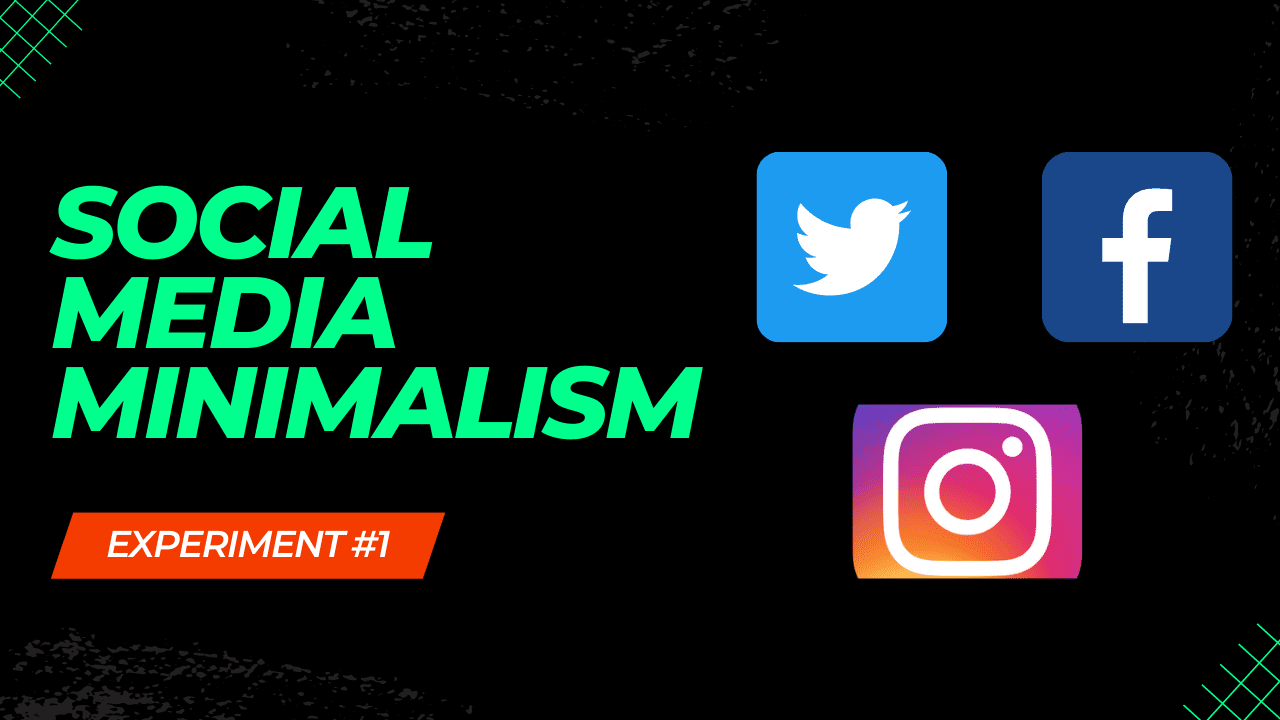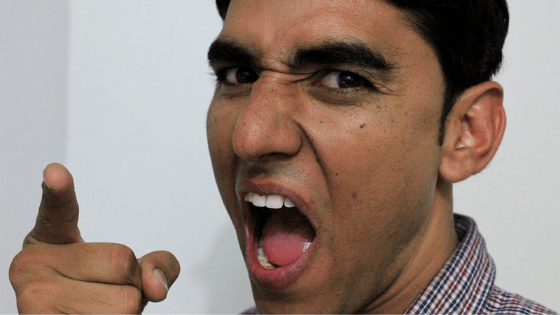Cutting Back on Social Media – 2018
Five years ago, I decided to scale back my social media usage. At the time, I was spending too much time on Facebook. I had gained a five-figure following on Facebook and with it came a lot of messages, comments, drama, and arguments. Facebook had become a time-consuming addiction that was distracting me from more important things in life. To fix this, I scaled back my Facebook usage by deleting the app, switching over to just posting once or twice a day without checking my feed, and using Twitter as my main source of social media.
At the time, Twitter felt like the right move for me I had a few hundred followers on Twitter, so anything I posted did not reach many people. Furthermore, I could follow various news and hobby accounts to keep up with my favorite hobbies, and stay up to date with the news. For several years, this worked fine for me. I used Twitter once a day to read the news and share some quotes and links, and the rest of my day went productively. However, in the past two years, Twitter became my new Facebook.
When Twitter became drama central
Over the past two years, my Twitter following has increased from 600 to 23k, and my reached has grown to one million per month. This completely transformed the way I interacted with the app. On one hand, I was making a lot more money through book and course sales on Twitter, compared to any other social media platform. On the other hand, my tweets were often reaching far outside my circle of influence, drawing all kinds of nasty people to comment on them.
During this period, Twitter became a new source of trial for me. I found myself caught up in drama and arguments way too often. But these arguments were worse than the Facebook arguments of five years ago, as the replies were a lot more vulgar and nasty. Hijab-wearing Muslims cursing and using filthy language simply because I stated a scholarly opinion they disagreed with. Things got worse when people started picking on every account I followed or post I liked, or mutual I followed. Every tiny detail became an issue and controversy. Dealing with all this has caused a lot of headache and unnecessary stress. Now I find myself in a situation in which I need to figure out if Twitter is worth all the pain and headache.
In the past few months, I already tried a few ways to change my Twitter usage in order to minimize the damage but none of them worked. Some of the things I tried include:
- Unfollowing all accounts besides the few scholars and institutes I work with.
- Muting any conversation or tweet that had grown too large in its reach.
- Creating secondary accounts for following, reading, and liking posts so it does not reflect on my main account.
Although each of these made some difference, none of them solved my problem. Almost every week, multiple hours are wasted in debating vulgar and crude people on this app. Eventually, it reached a point where it does not feel worth investing any time in these discussions. So it is time for a new experiment.
The Experiment
I am not going to shut down my Twitter account yet, as I believe it benefits thousands of people. However, I do not want to waste my time in arguments and debates with hot-headed and immature trolls on this app any longer. So, for February 2023, I am going to try another experiment to keep my beneficial usage of the app going while minimizing the drama and headaches.
For this month, I am going to try the following:
- I have deleted the app from my phone and will only log in from my PC for 10 minutes a day.
- I will post one or two beneficial tweets per day, and mute the threads so that I do not see the replies or Quote Tweets.
- I will not waste any time scrolling through the news feed, and will try to remain oblivious to what others are discussing on the app.
- I will replace using Twitter for news by following a handful of news websites instead and reading the headlines there.
- I will apply similar rules to my usage of Instagram and Facebook, so that social media does not take up more than 30 minutes of my day.
At the end of February, I will evaluate if this method has helped me be more productive. If so, I will either stick to this method or consider deleting the apps entirely.
Should social media be haram?
Social media platforms are very new and we do not know the long-term benefits and harms that these platforms will cause for the ummah. Only time will tell if they are a positive or negative way of interacting for Muslims. At the current stage, it feels like the harms outweigh the benefits. Social media has caused Muslims to hate each other more, curse each other openly, disrespect their own religion, experience jealousy, bitterness, and depression, and waste a lot of time.
It is too early to declare such platforms as prohibited to use. The general maxim of “Permissible until proven prohibited” will apply until we know for sure that the harms outweigh the benefits. Do not be surprised, however, if in the next decade more scholars move away from social media and declare it a place of fitna. Until Muslims learn to interact with each other maturely and discuss their differences with wisdom, discussing Islam on social media seems to cause more harm than good.
I’ll post an update in a month’s time to let you all know how my experiment is going.




